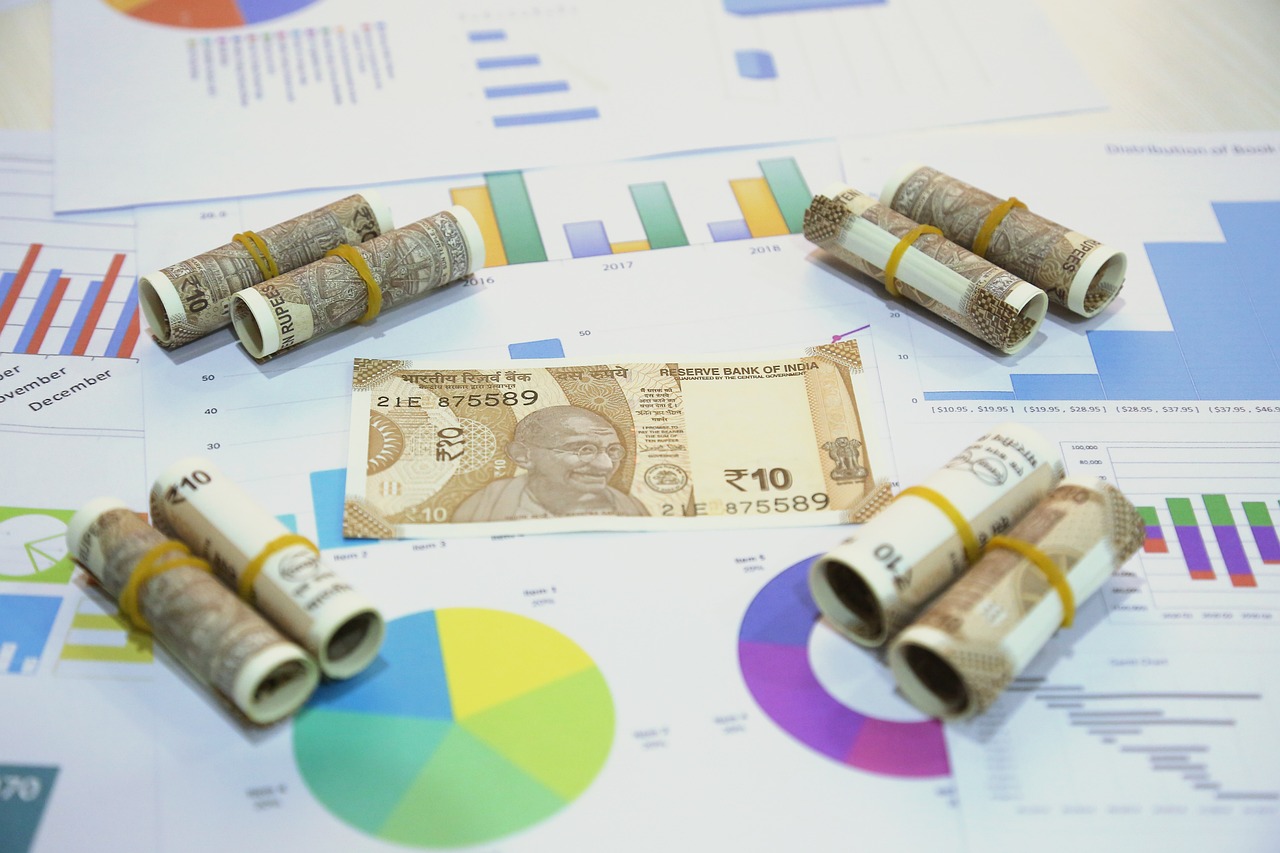In this article, we’ll explain how using an IBAN validator API to make sure your money goes to your suppliers’ current accounts and not the hands of con artists can speed up your sales and collections department. Continue reading to learn more!
It is typically a tough and time-consuming procedure to verify a bank account, which frequently results in a delay in your sales, or takes considerable time to accomplish it. It is a crucial responsibility, though, because if funds are routed to the wrong accounts or con artists, it’s likely that you won’t see them again and that it could seriously harm your project and your finance. A standard for identifying bank accounts across nations and currencies is the International Bank Account Number (IBAN). Many nations, including the EU and Switzerland, use it. The most comprehensive IBAN validator API will be covered in this article. Every bank account has an individual identification number (IBAN), which makes it possible to locate your account anywhere in the globe. Banks and other financial institutions use it to recognize bank accounts in many nations and currencies. Up to 34 alphanumeric characters make up the IBAN. The country where the account was first opened is indicated by the first two letters. The city is represented by the following two digits, and the bank branch is represented by the last two digits. The bank distributes the remaining characters at random, sn analogy to a postal code for your bank account. In the same way that a postal code enables anybody to reach the desired addressee, it enables anyone to initiate an international money transfer.
The company’s collection and finance team often handles this responsibility; they must verify the source and destination of every incoming and outgoing funds, but as we noted, it is typically a time-consuming task. Even more so if they need to verify the bank information of a new supplier because they will need to contact the relevant bank office, if there is one in your city or region, and wait through a protracted administrative procedure. Thanks to new technologies, you may now complete these activities quickly and without having to go through any formal procedures.
To determine whether the entered bank account is valid, an IBAN validator API computes a checksum. Their site tries to determine the country, address, bank identity code (BIC, from the English Business Identifier Code), and other banking details to authenticate the IBAN. In 77 nations, they are currently able to conduct tests using local account validation techniques, which adds an extra layer of defense against incorrect IBAN data. Branch offices from more than 100 different nations are currently covered in depth by the banking data repository.
IBAN Validator API
With the use of a Bank Account Number API, the conversion process from BBAN to IBAN is made simple. If you need to give someone outside your nation access to your bank information, IBAN numbers will be generated for them automatically. More importantly, you will be made aware in advance if taxes are necessary for your transactions. You may quickly validate any bank account information, including IBAN, BIC/SWIFT, and BBAN, by using this API. By controlling bank account detail activities programmatically, you can obtain country-specific banking details standards. IBAN Validator API enables programmatic validation of any bank account information (IBAN, BIC/SWIFT, and BBAN). If the number is accurate, it will get the IBAN and provide you confirmation. You can also find out more about the bank, which will provide you more information about where the account is located. It may authenticate any number from any Euro-country in addition to producing IBAN.
The API is powered with AI and Deep Learning, and integrated with other APIs by Zyla Labs: IBAN Checker API, IBAN Number Validation API, SWIFT Code Checker API, International Bank Transactions API, and many others. These features make the suite of APIs more reliable, more accurate, faster to respond and easier to use.





